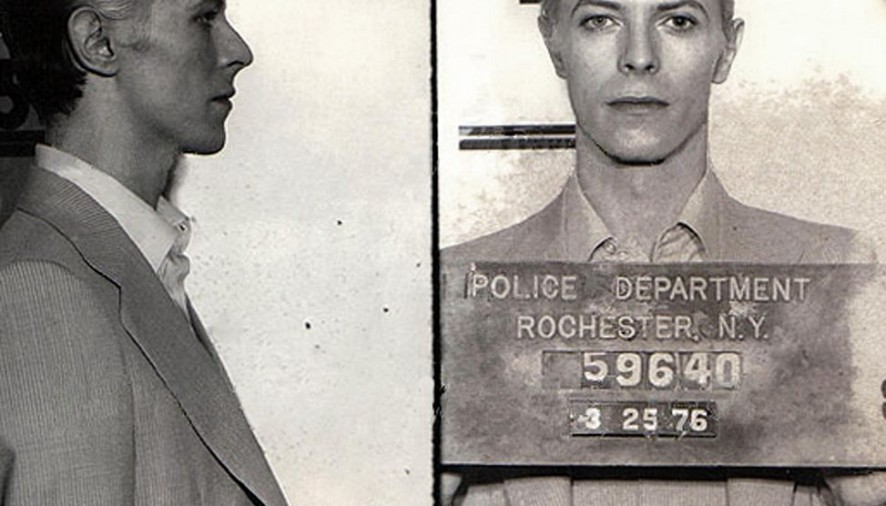We in the Music Section love a good ol’ debate. This week, our writers’ battled it out over whether a musicians’ personal life should impact on the enjoyment of their music. Who won? You decide…
YES – Leo Kindred
Let me be clear from the outset: there are times when an artist’s behaviour is not an issue.
One recalls Marilyn Manson’s Mechanical Animals album, whose Bowie-esque concept featured a pure alien who is corrupted by Hollywood’s glamour, drugs and hedonism. Manson was no doubt engaging in that lifestyle at the time; that his feelings on the matter were put onto record only enhanced my enjoyment. Elsewhere, Motley Crue, a band I personally can’t stand, were synonymous with their sound due to their sleaze and vanity.
But there are definitely times when this barrier is breached. In the early 90s, Norway’s black metal scene became renowned as a cocktail of racism, arson and murder. Varg Vikernes of the band Burzum, who burned down a church and murdered one of his bandmates in the 90s, now periodically delivers paranoid, white supremacist rants from his YouTube channel. I could never bring myself to buy a record by this man.
Whether it be through supporting church-burning, or a collective shrug when the band Taake became embroiled in a row over using a swastika on stage, some suspend their ethics for a band or an artist.
If that seems too fringe, then consider former Pantera vocalist Philip Anselmo, filmed by a fan throwing a Nazi white power salute at a show, or Ian Watkins of Lost Prophets. Is it still possible to enjoy the music of artists like this? I defy any fan to listen to Lost Prophets music now. There are times as a listener you can just enjoy the music and put aside the personality of those involved. But there is a limit to the tolerance we should extend to artists who say and do obnoxious things.
NO – Fred Savage
Generally, I’m firmly of the belief that most people are perfectly able to separate artist from art. Moreover, what they don’t know won’t hurt them. Most are happy to listen to an artist’s music in blissful ignorance of individual wrongdoings or any unfavourable opinions.
To refer to a few examples; most people are perfectly fine to listen to and enjoy Michael Jackson’s music, despite the ambiguous end result of his legal trials. It is also perfectly fine to praise the likes of Mozart – quite rightly for such an incredible composer – but it’s little known that he used to send letters of a sexual nature to his cousin Maria Mozart. Such correspondence in the 21st century would be all over the tabloids, permanently tarnishing his reputation. But with the greats, it seems most people have their minds set too much on the actual sound to care about ambiguous wrongdoings.
It is easier still to separate artist from art in the case of purely instrumental music, which further removes the influence of the artist’s beliefs. Furthermore, it’s worth considering that many singer-songwriters portray themselves as a character different from themselves. I doubt all of the ‘sad’ lyrics in songs by bands such as Slipknot, Metallica and Nine Inch Nails are directly reflective of the lyricists’ lives. This is certainly the case in hip-hop. Tyler the Creator, Eminem and N.W.A are all rappers who operate under guises, or at the very least exaggerate their own character.
The circumstances for personal disagreement with an artist’s beliefs and behaviour vary an awful lot; individual attitudes and listener personality are central, as is the genre and status of the artist themselves.
(Image: The Smoking Sun)

